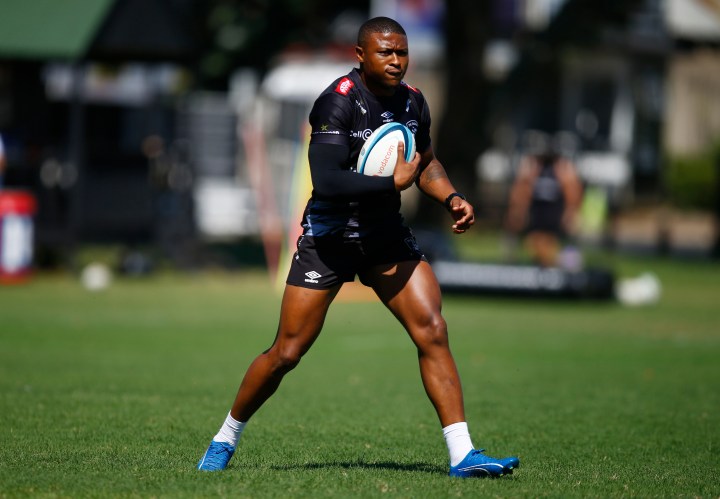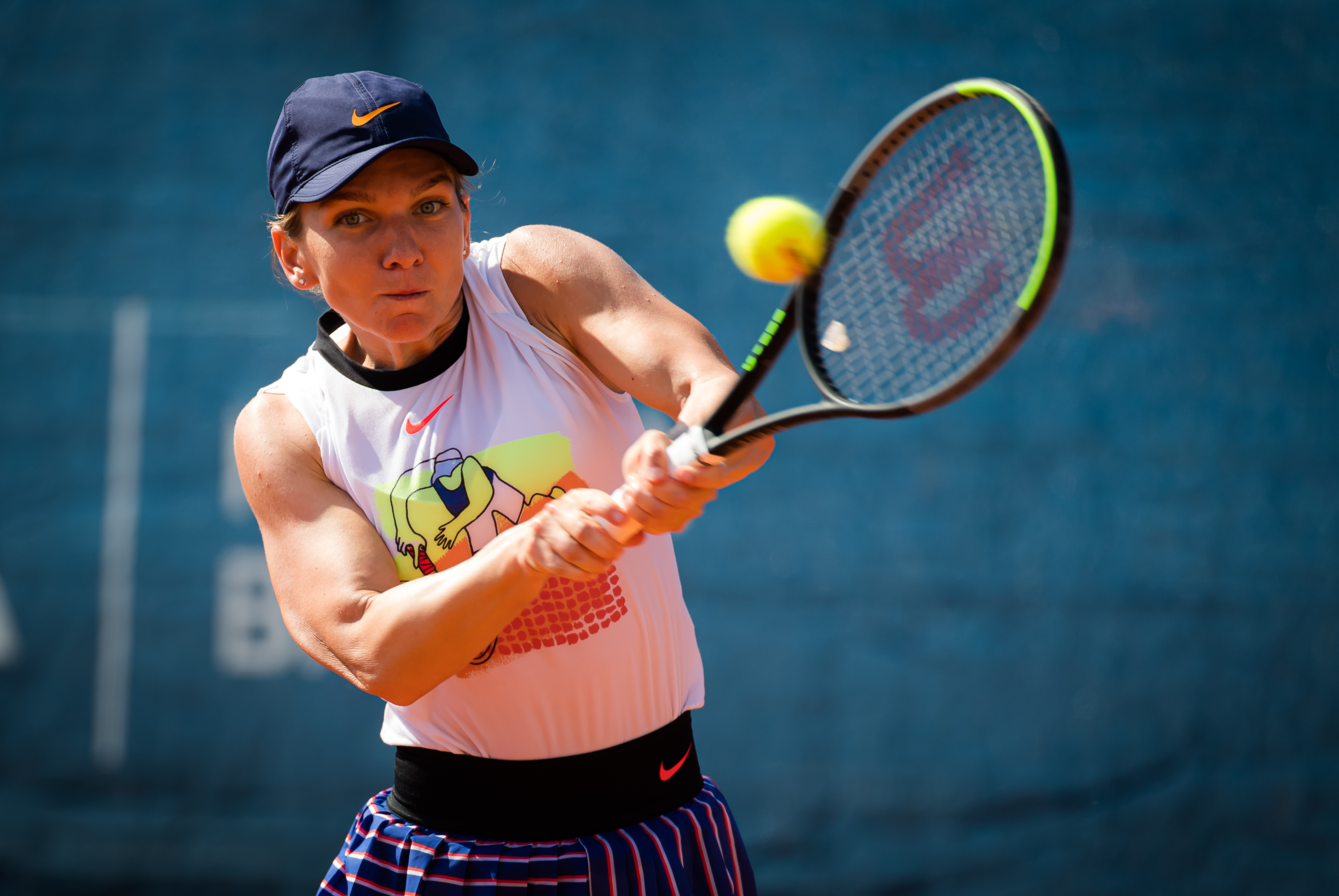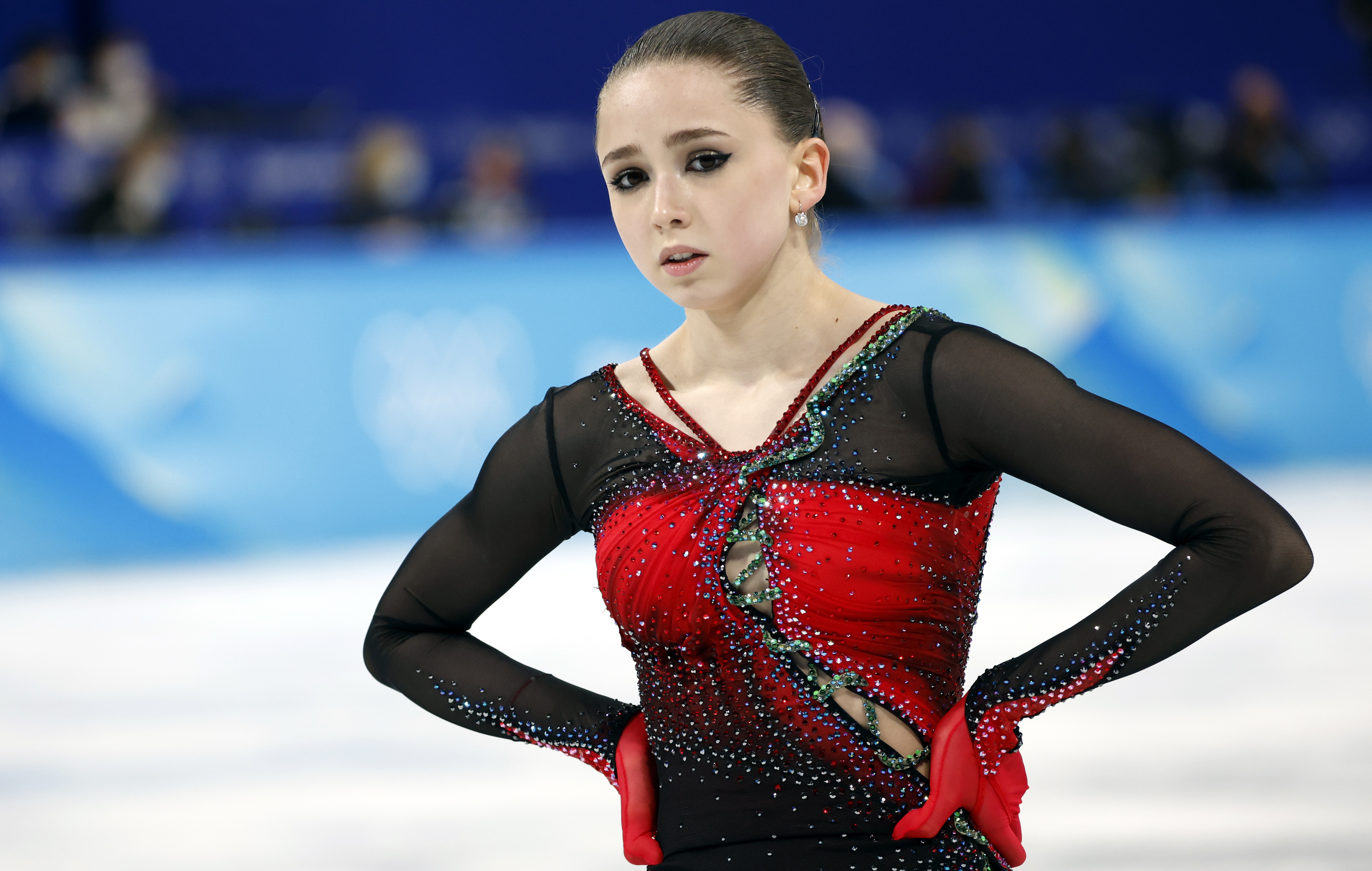SPORT DRUG TEST BLOW
World anti-doping body slaps six-month suspension on SA’s only testing lab

The World Anti-Doping Agency has suspended South Africa’s only doping testing laboratory — in Bloemfontein — from analysing urine samples for at least six months.
On 1 March, the World Anti-Doping Agency (Wada) formally suspended the accreditation of the South African Doping Control Laboratory (the Laboratory) in Bloemfontein due to “multiple non-conformities with the International Standard for Laboratories”.
This was done on the recommendation of the Laboratory Expert Advisory Group (Lab EAG), which monitors Wada’s accredited laboratories globally.
The suspension relates to the Bloemfontein lab’s ability to detect substances that are not naturally produced by the body to enhance performance. Specifically, the “Gas Chromatography/Combustion/Isotope Ratio Mass Spectrometry (GC/C/IRMS) analytical method”.
It is a critical tool in the fight against doping in sport as it provides precise and reliable results.
GC/C/IRMS can detect these substances by analysing their isotopic signatures. For example, synthetic testosterone often has a different carbon isotope ratio compared with naturally produced testosterone in the body.
It separates and analyses compounds in samples such as urine.
Some substances, such as anabolic steroids, can be produced naturally in the body but are also available in synthetic forms. GC/C/IRMS can help differentiate between naturally occurring and synthetic forms by looking at their isotopic compositions.
The isotopic ratios serve as a “fingerprint” that can conclusively identify the source of the detected substance.

Former world No 1 tennis player Simona Halep had a four-year doping ban cut to nine months by the Court for Arbitration of Sport. (Photo: Robert Prange/Getty Images)
Practical implications
But what does this mean in practical terms for all samples taken by the South African Institute for Drug-Free Sport (Saids) in the coming months?
Potential dopers should not celebrate as testing for banned substances under Saids’ mandate will continue as before. Saids operates independently of the Laboratory.
Samples, though, will have to be taken elsewhere for analyses and this will add to the cost of testing.
“The suspension, which took effect on 1 March 2024, prohibits the Laboratory from carrying out any anti-doping activities,” Wada said in a statement.
“This includes analyses of urine and blood samples, with the exception of analysis related to the Athlete Biological Passport haematological module.
“During the period of suspension, samples that have not yet been analysed by the Laboratory, samples currently undergoing a confirmation procedure, and any samples for which an adverse analytical finding has been reported, must be securely transported to another Wada-accredited laboratory.
“This is in order to ensure continued high-quality sample analysis, which also helps preserve athletes’ confidence in this process and the wider anti-doping system.
“During the period of suspension, the Laboratory shall address all non-conformities identified by the Lab EAG or Wada in any request for corrective action or otherwise, as well as any additional non-conformities identified by any follow-up Wada site visit during the suspension period.
“If the Laboratory satisfies the Lab EAG in meeting these requirements, it may apply for reinstatement prior to the expiry of the six-month suspension period.
“Should the Laboratory not address the non-conformities by the end of the six-month suspension period, Wada may extend the suspension for up to an additional six months.”

Kamila Valieva from Russia. She has been banned for four years for a doping violation. (EPA-EFE/HOW HWEE YOUNG)
Sample contingency
When Saids heard of Wada’s intention to suspend Bloemfontein’s accreditation, it began a search for viable alternatives to ensure anti-doping testing continued.
“The Laboratory is an independent facility run and managed by the University of the Free State. When we got the warning two weeks ago, we made contingency plans,” Saids chief executive Khalid Galant told Daily Maverick.
“This is not the first time we have faced this situation (the Laboratory was suspended for several months in 2016) so we have elicited the services of the Wada laboratory in Qatar.
“South African athletes and sport can be assured that testing and analysis will continue. This also only relates to urine samples. Blood samples will continue to be analysed in Bloemfontein.”
The University of the Free State, which manages the Laboratory, accepted the decision.
“The management of the University of the Free State is aware of the suspension of the South African Doping Control Laboratory) by the World Anti-Doping Agency for a period of up to six months,” a statement from the university read.
“During this suspension period, the laboratory will continue its ISO 17025-accredited analysis (including the Athlete Biological Passport haematological module), but all samples received under the authority of Wada will be referred to another Wada-accredited laboratory.
“The university management is confident that the laboratory will effectively address the corrective actions required by Wada within the suspension period so that the laboratory can again be of service to the anti-doping stakeholders in southern Africa, once the laboratory’s accreditation is reinstated.”
Cost and independence
It’s important to emphasise that the cost of running a Wada-approved laboratory is significant. There are only 31 accredited facilities in the world and almost none run at a profit.
But most are funded by well-resourced Western, Middle Eastern and Asian universities, governments or hospitals – but do not run at a profit. It’s understood that only the Salt Lake facility in the US makes money.
The University of the Free State is not in the same league as other global labs when it comes to funding, and the cost of keeping up with the latest demands is becoming prohibitive.
Although the Bloemfontein laboratory remains the only facility in Africa, if the Free State or national government do not provide enough funding to improve machinery and expertise, it might not reach compliance status again.
Athletes whose samples have returned adverse findings might also try to use this issue as proof that their tests were inaccurate.
If they do attempt to use that argument, which rugby player Aphiwe Dyantyi presented when he was facing a tribunal, they would have to prove it. Dyantyi was banned for four years.
At this stage there is no indication or evidence that samples out of Bloemfontein have in any way been mismanaged.
Saids, which is responsible for testing athletes at events, or out of competition, is not linked to the Bloemfontein laboratory at all. It sends most of its samples there but has used other labs in the world when the need arises.
All samples waiting for analysis have been frozen for now and will be sent to Qatar in due course, which adds another layer of expense at Saids’ door.
The national doping body pays for every sample analysed at a lab. It’s obviously cheaper to have a sample taken in South Africa and sent to Bloemfontein than it is to send it to Qatar or Ghent.
In time, this might impact Saids’ ability to do its work because it will require more government funding to carry it out effectively. DM



















Another anti achievement by the ANC,what a disgrace they are to South Africa
What has the ANC got to do with it? Why the ban has been instituted in the first place?
I think this epitomises the reputational damage that the ANC is doing to itself. When something like this happens everyone assumes it is the ANC’s fault! LOL
Assume – making an ASS of U and ME. Still don’t know why the ban was instituted.
“You are posting comments too quickly. Slow down”.
What the heck does this mean?
Who owns the lab? Who has to fund it? Sports bodies? Who placed all the heads of the sports bodies? Cadres all of them….
Daily Maverick I recently sent an email regarding the need for a link to articles when being asked to moderate in order to get context of the comment in relation to the article. This article proves my point. A knee jerk reaction is to point fingers at the incumbent government in general and OFS management in particular however, the section about there being only 31 approved facilities worldwide of which only one changes the context. I have changed my initial opinion of the article accordingly.
So what is going on here?
Is it just incompetence or non adherence to required standards?
Or something more sinister? Remember Russia’s anti doping body and laboratory were banned for a while. But I think that was over deliberate doping or covering up of doping
I hadn’t thought of that. Could well be?